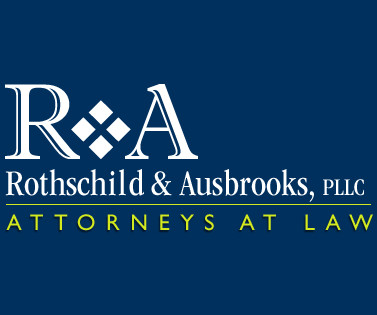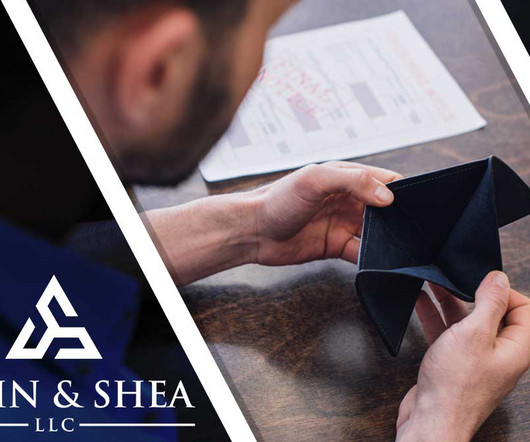What is the Difference Between Secured and Unsecured Debt?
Sawin & Shea
JANUARY 25, 2022
While bankruptcy itself can also be scary, it is often the best option if you have too much debt to get a handle on your financial situation. However, which type of bankruptcy you file will also depend on what kind of debt you have. Secured and unsecured debt is handled differently in Chapter 7 vs. Chapter 13.

















Let's personalize your content